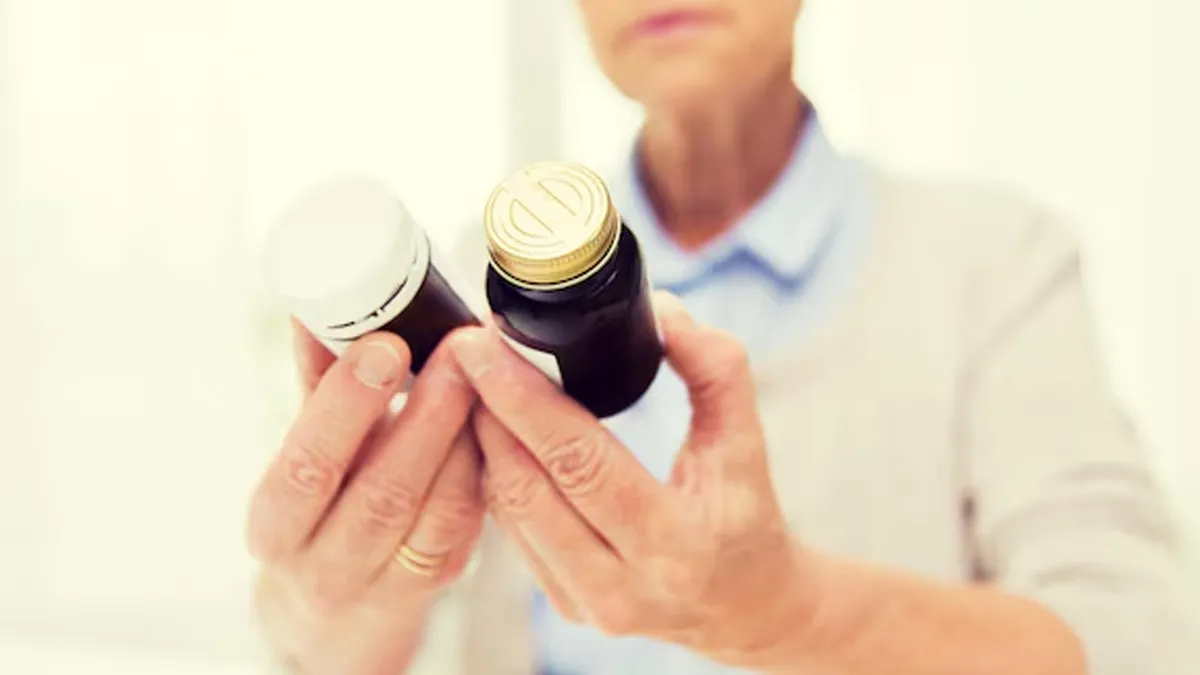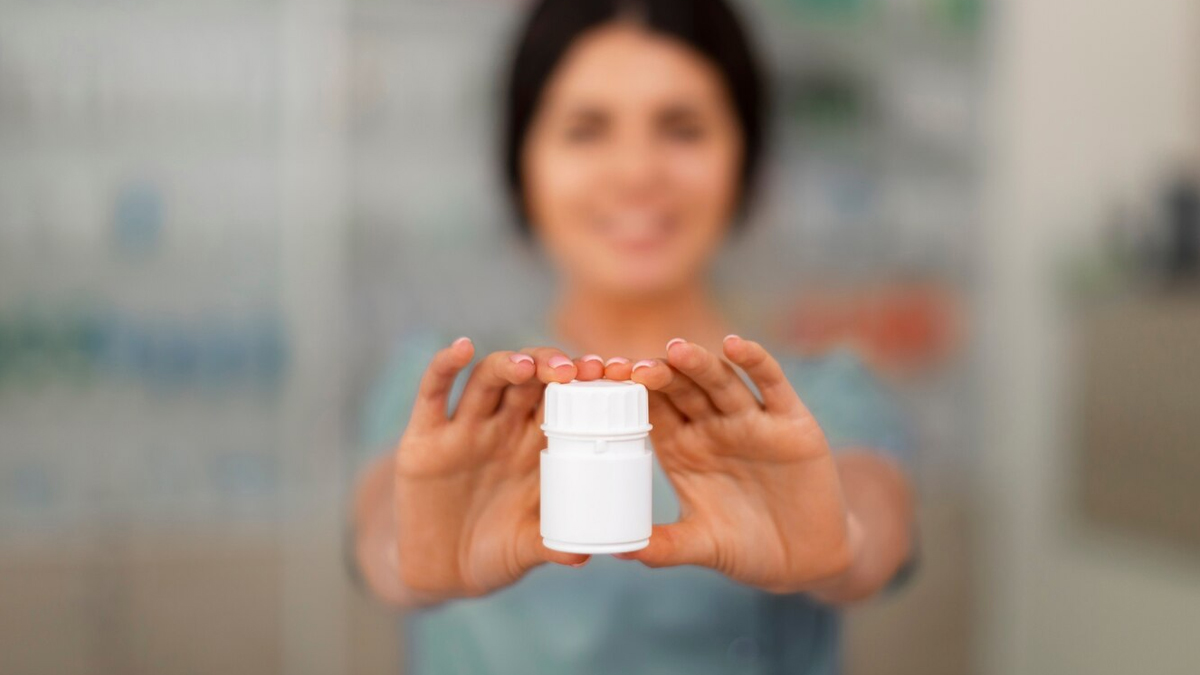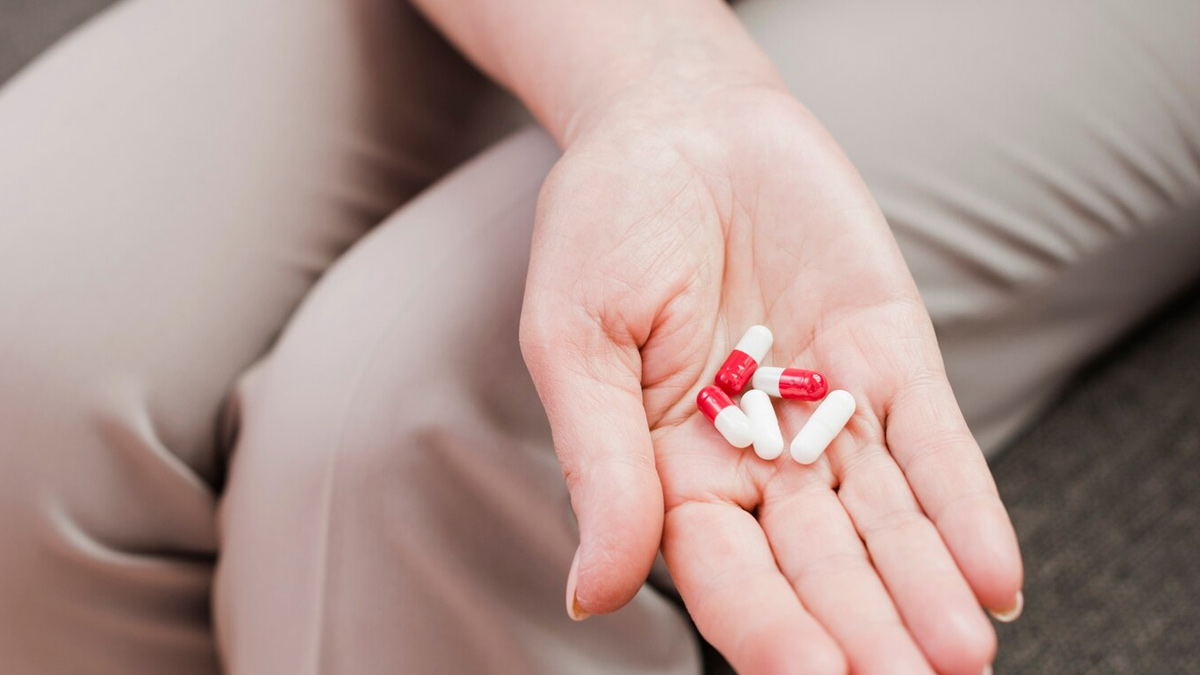
While menopause marks the end of the menstrual cycle, perimenopause is a transitional period before menopause, characterised by changes in a woman's menstrual cycle and fluctuating hormone levels, primarily oestrogen and progesterone. It typically begins in a woman's mid-to-late 40s, but it can start earlier, sometimes even in the 30s.
Table of Content:-
During this period, women may experience a wide range of symptoms and health challenges, which require careful management. While proper lifestyle changes, including a healthy, balanced diet, are crucial, sometimes, in some women, there is a need for something more. For instance, supplements, which help take care of any lost nutrition during the perimenopause phase. To understand further, the OnlyMyHealth Team spoke to Dr Sangeeta Gomes, Consultant Obstetrician and Gynaecologist, Motherhood Hospital, Sarjapur, Bengaluru.
Also Read: Perimenopause In The 30s: Why It’s Happening Earlier Than We Think
Common Symptoms Of Perimenopause

Perimenopause is the time leading up to menopause—it begins as early as your 40s and can take several years. “During this time, the hormone oestrogen ebbs and flows, and that creates all sorts of symptoms,” explained Dr Gomes, adding that the most common ones are irregular periods, hot flashes, mood swings, sleep, vaginal dryness, and even confusion or brain fog.
In some cases, the body ramps up before the mind has a chance to adjust, leading to a feeling of imbalance or unease.
Role Of Supplements
Supplements are used to add nutrients to your diet, potentially filling in the gaps or addressing deficiencies, especially when specific nutritional needs are not met by food alone.
They can be particularly helpful for those with restrictive diets, specific health conditions, or during certain life stages like perimenopause.
According to a study in the journal Nutrients, simple diet and lifestyle changes during menopause can lower the risk of common health issues like heart disease, diabetes, and osteoporosis. While food should be the main source of nutrients, the study notes that supplements, especially for vitamin D, calcium, B vitamins, and protein, can help if you're not getting enough from your diet. However, consulting a doctor or dietitian is highly recommended.
Which Supplements Work Best For Perimenopausal Women?

There are various supplements that serve as a helpful partner during perimenopause. Dr Gomes recommended vitamin D and calcium for bone development, magnesium for sleep and mood, omega-3 fatty acids to reduce inflammation and joint pain, and B-complex vitamins for energy and mental function.
She added, “Herbal supplements like evening primrose oil or black cohosh are also taken by some women to alleviate breast soreness or hot flashes. Additionally, oestrogen can be taken orally, vaginally, or transdermally under a doctor’s guidance to manage symptoms more effectively.”
But what works for one woman might not work for another, so personalisation is the way to go. As soon as the oestrogen level drops, women continue to lose bone density at an increased rate, typically without symptoms. This makes calcium and vitamin D essential.
While calcium gives bones their strength, vitamin D allows the body to utilise the calcium in the most optimal manner possible. “Without adequate levels of both, osteoporosis risks develop,” warned Dr Gomes. She added, “A woman otherwise in perfect health may find herself fracturing following a slip and fall in her 50s—it is, for that reason, that bone loss took place stealthily over the duration of perimenopause.”
Also Read: Is There A Link Between Perimenopause And Eating Disorders?
Risk Of Potential Interactions To Consider

The unfortunate thing about taking medications or supplements at an older age is that there is a risk of interactions, which is why careful considerations are to be made.
“Even Over-The-Counter (OTC) drugs have interactions with prescription medications,” said Dr Gomes. “Calcium, for example, makes thyroid drugs more difficult, and more than the recommended dose of fish oil or vitamin E is a blood thinner and should never be taken with anticoagulants. It's so important to inform your doctor about everything that you're taking—even supplements or natural and herbal ones.”
Is Diet Usually Enough?
Theoretically, the answer is “yes.” “An alkaline diet of greens, fatty fish, legumes, nuts, dairy products, and whole grains will do for most,” Dr Gomes noted. However, life being what it is, most women find that they can't always eat so kindly, especially with busy schedules and hormonal swings of hunger. And supplements fill in the nutritional gaps.
Conclusion
While a balanced diet is key to maintaining good health, a perimenopausal or menopausal phase may need more than just good food. Supplements can offer additional support when nutritional gaps exist. With guidance from a healthcare provider or dietitian, the right supplements, whether it's calcium for bone health, vitamin D for immunity, or B vitamins for energy, can help manage symptoms and lower the risk of long-term health issues. The important thing to remember is to personalise your approach and make informed choices, rather than relying solely on OTC solutions.
Also watch this video
How we keep this article up to date:
We work with experts and keep a close eye on the latest in health and wellness. Whenever there is a new research or helpful information, we update our articles with accurate and useful advice.
Current Version